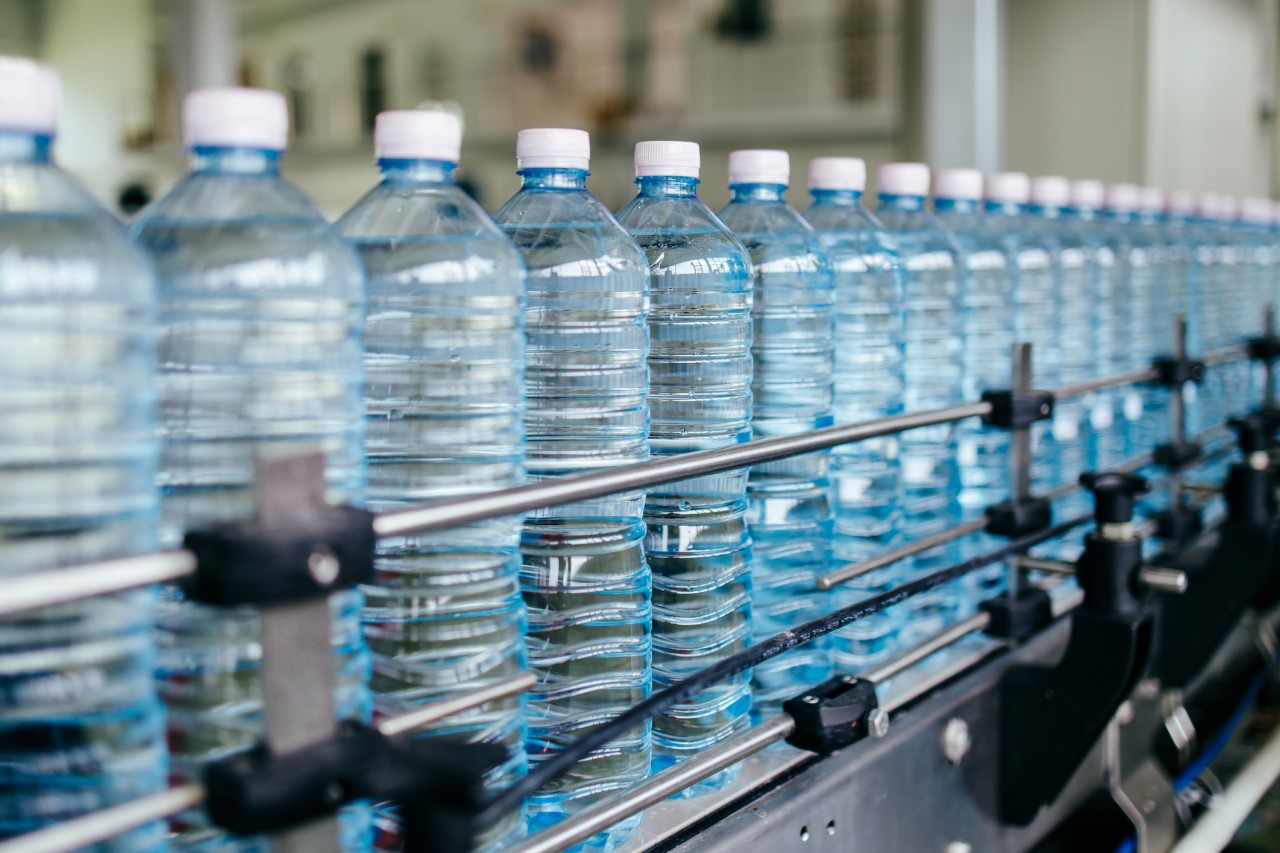
Impact of plastic products on the body
UC expert shares research with Fox 19
New research is sounding the alarm about what happens when plastic breaks down over time and ends up in our bodies. The plastic forms smaller particles called microplastics and nanoplastics, which can't be seen, but can enter the body’s cells and may be harmful.
Hong-Sheng Wang, PhD, a cardiologist toxicologist and professor at the University of Cincinnati College of Medicine, recently spoke to Fox 19.
“There is a fair amount of microplastics in bottled water. 240,000 particles per liter,” said Wang.
He has been studying the heart for more than 20 years and more recently has taken an interest in how microplastics can impact the human body.
“This is crazy stuff. In the past eight years, the amount of microplastics in the human brain increased by 50%. That kind of coincides with the widespread use of plastics,” he said.
Wang’s laboratory is currently working with a local chemist to create mock microplastics to see how the particles affect the heart specifically.
Though his research is in its early stages, Wang says he’s confident microplastics are having lasting and negative effects on the heart.
“There was a recent study that shows in those patients where microplastics were found in the arterial plaques, they have a substantially higher chance, I think it’s about four-fold higher chance, of having heart attack, having heart stroke, having stroke and death,” he said.
He said people gain the most exposure to microplastics in consumption of food, beverages and sometimes through the air.
“Drink tap water whenever you can. It’s not to say that tap water is microplastic free, and also it depends on the municipality, depends on the exact brand of bottled water that you drink, but in general, there is a lot more microplastic in bottled water than in tap water,” said Wang.
He also said other ways to avoid microplastics are using loose leaf tea instead of teabags, using glass containers instead of plastic, especially in the microwave, and using a wooden or bamboo cutting board.
Wang said the medical field has rapidly become aware of microplastics and more information is expected to come out in the near future.
Featured image at top: iStock/mladenbalinovac.
Related Stories
Phenols, found in many products, could upset heart's rhythms
October 7, 2024
Chemicals called environmental phenols include food preservatives, plastics ingredients such as BPA and the parabens in shampoos, so they are ubiquitous in everyday life. Now, University of Cincinnati research suggests that higher exposure to phenols might trigger changes in the heart's electrical system and rhythms.
Impact of plastic products on the body
February 18, 2025
New research is sounding the alarm about what happens when plastic breaks down over time and ends up in our bodies. The plastic forms smaller particles called microplastics and nanoplastics, which can't be seen, but they can enter the body’s cells and may be harmful.
55KRC: UC researchers examine role of stress in Parkinson's disease
March 8, 2022
University of Cincinnati researchers Kim Seroogy, Teresa Reyes and James Herman were featured on 55KRC's Simply Medicine program to discuss their research into the role of stress in Parkinson's disease.
